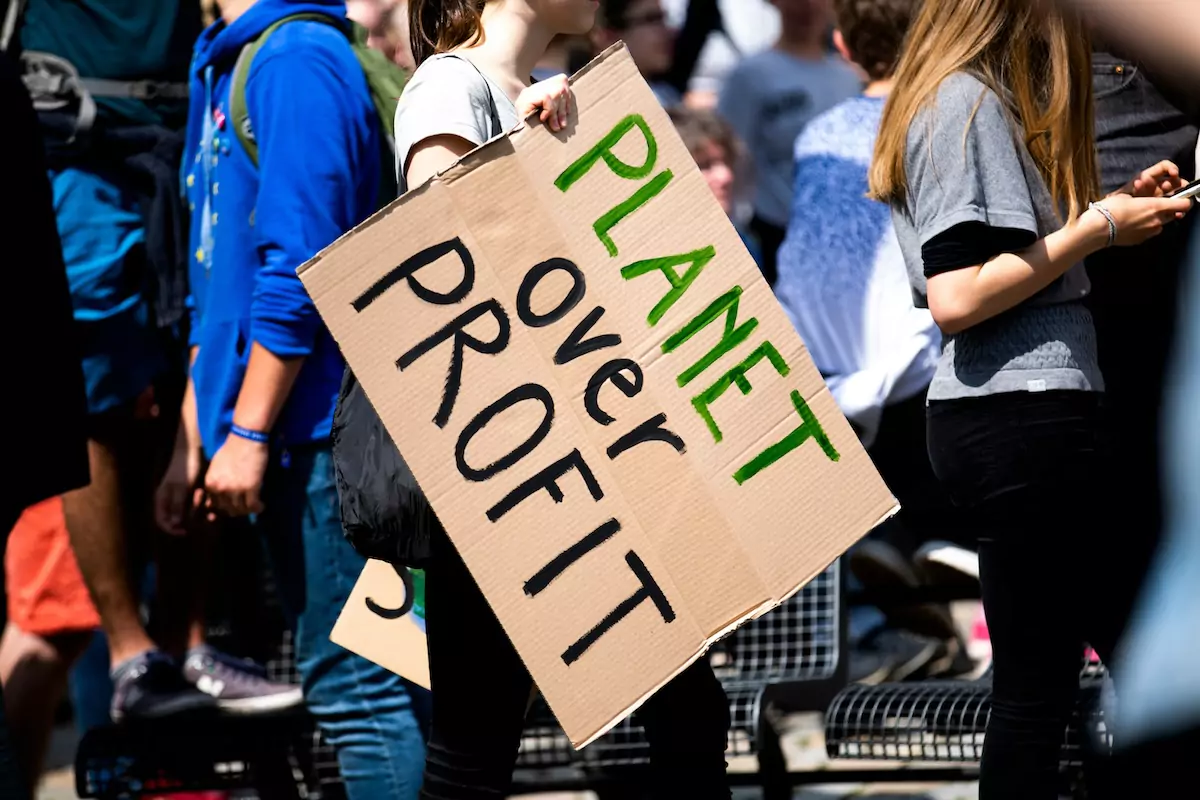On his first day back in the White House, US President Donald Trump took swift action to withdraw the United States from the Paris Climate Agreement. This decision places the US alongside Iran, Libya, and Yemen as the only nations outside the global accord aimed at combating climate change.
The New York Times notes that while Trump’s first withdrawal during his previous term took three years due to procedural requirements, the process will be quicker this time. Under current rules, the US can officially leave the agreement within one year of submitting a withdrawal notice to the United Nations.
In an executive order, Trump described the Paris Agreement as one of several international accords that do not align with US interests, arguing it redirects American taxpayer dollars to countries that “do not require or merit financial assistance”. Despite his stance, recent polling cited by the Associated Press suggests that about half of Americans oppose the decision, including a significant portion of Republican voters.
The move has drawn criticism from climate advocates and analysts worldwide. Reuters highlights that the US is the second-largest emitter of greenhouse gases, behind China, and its withdrawal could significantly undermine global efforts to curb emissions. E&E News warns that this accelerated rejection of the agreement, coupled with Trump’s strengthened alliances with far-right figures domestically and internationally, could have deeper ramifications for global climate initiatives than his first withdrawal attempt.
The Financial Times points out that the US is the only country to have exited the Paris Agreement. Former Biden officials and climate activists argue that this decision could hinder the US in the global race for clean energy innovation, giving competitors like China a competitive edge.
Nevertheless, Bloomberg notes that Trump’s action may not completely reverse the country’s decarbonisation trends. Market forces, technological advancements, and economic factors have driven a gradual reduction in US emissions over the past two decades, many of which are likely to persist despite federal policy shifts.
Reactions have poured in, including from the UN climate change executive secretary, who expressed disappointment at the announcement. The move has been widely covered by outlets such as Politico, Agence France-Presse, and Bloomberg, reflecting its global implications.
Monaco Life is produced by real multi-media journalists writing original content. See more in our free newsletter, follow our Podcasts on Spotify, and check us out on Threads, Facebook, Instagram, LinkedIn and Tik Tok.
Photo credit: Markus Spiske, Unsplash





